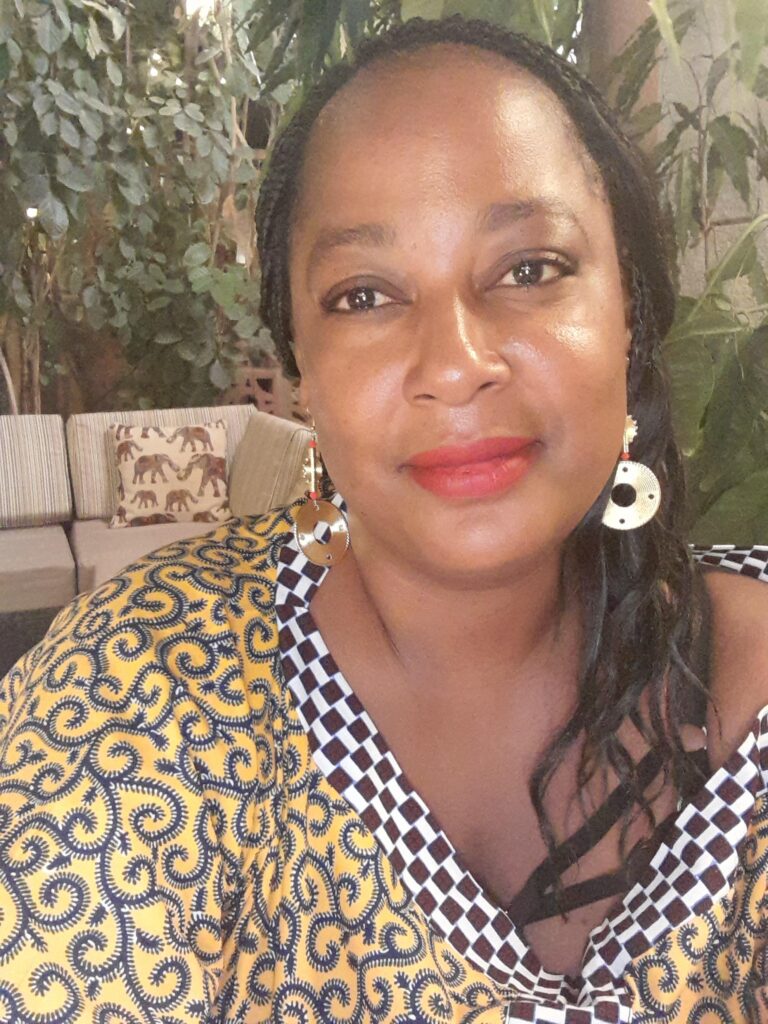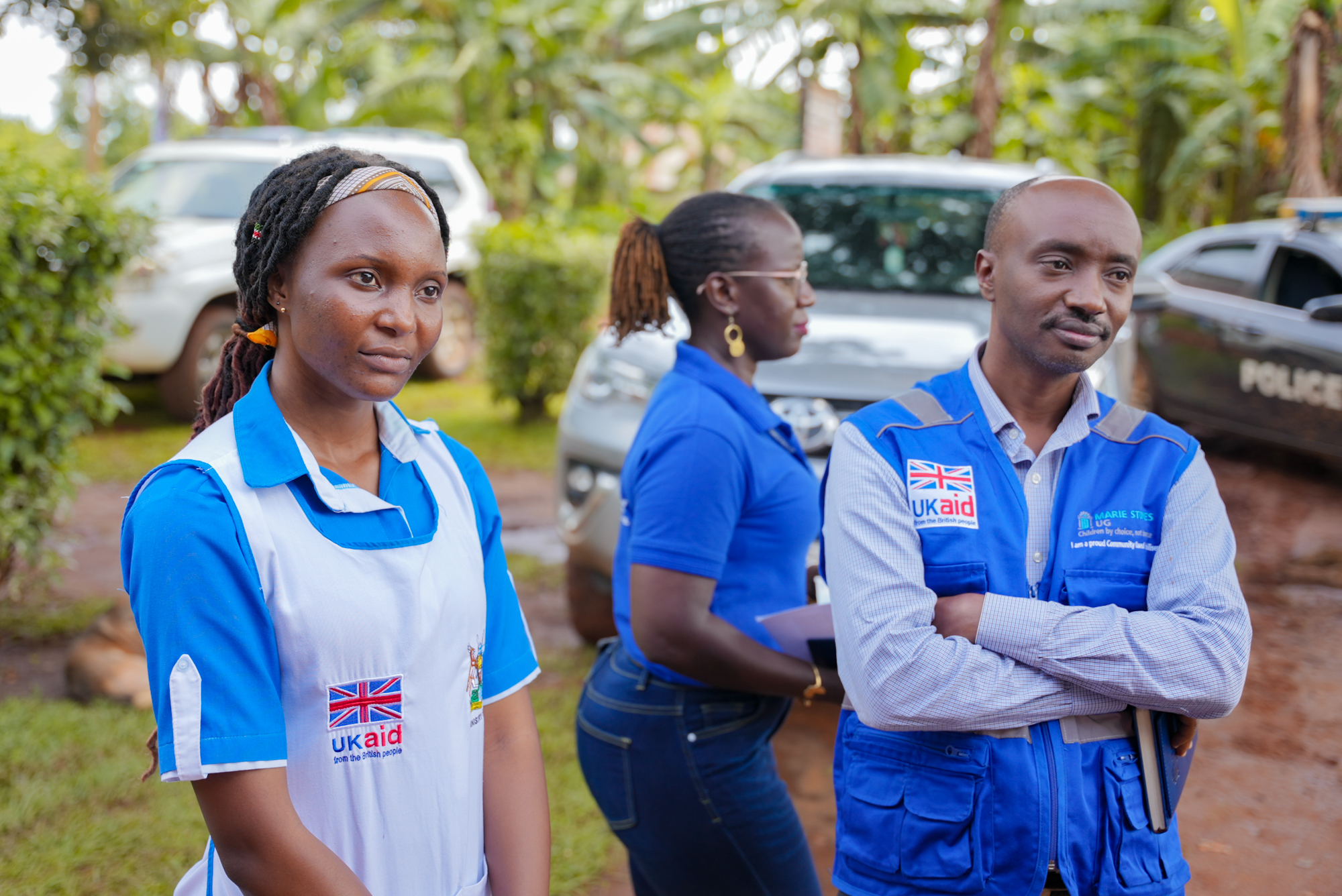
For Africa’s Women’s Day, senior advocacy advisor Fatou Janssen writes about the ground-breaking Maputo Protocol centred on women’s rights — and how it continues to be important for expanding access to abortion.
Rewinding 20 years to 2003, in Maputo, Mozambique, history was made. The African Union adopted the Maputo Protocol — a roadmap to progress legislation for women’s rights. It’s effectively the ‘Bill of Rights’ for women in Africa.
The rights enshrined in this document are for me and all African women to enjoy, and the governments who ratified Maputo are legally obliged to respect, protect and fulfil these rights. Among them is our right to access sexual and reproductive healthcare. All appropriate measures should be taken to eliminate the barriers that women and girls face to enjoying their sexual and reproductive health — including expanding access to safe abortion.
There’s no doubt it heralded a new era for women on this continent. It is progressive and comprehensive, and it gives countries a concrete way to tackle gender equality. Today, 44 out of 54 countries in Africa have ratified it, marking their commitment. But that doesn’t always translate to meaningful changes on the ground. Many have not followed through, and only a handful have reformed their abortion laws in line with the protocol.
Other countries can learn from the Democratic Republic of Congo. They ratified the Maputo Protocol in 2008, and in 2018 they turned that commitment into real change, expanding legal abortion access with national legislation. They’ve since been able to issue new healthcare guidelines for comprehensive abortion care and introduce new abortion training for midwives, among other things. In a country with an alarming rate of maternal deaths, these investments in safe abortion access have literally been saving lives. A new generation of women in the DRC have bodily autonomy, giving them unprecedented choices and opportunities.
Of course, this doesn’t just happen by ratifying protocols and changing laws. When it comes to improving women’s lives and health, many countries are still grappling with stigma and traditional norms that make it difficult for women and girls to access their rights without fear or judgement. Maputo has built a framework — but change and progress comes from people. Respected local leaders can shift community and social norms in a way that institutions and treaties cannot. And local healthcare workers and systems must have the training and resources to provide for women’s reproductive needs. For this, we need diverse groups across sectors and communities working together in supportive partnerships.
My MSI colleagues and I are proud to work alongside grassroots advocates, youth champions, healthcare workers, community leaders, parliamentarians and government agencies to make Maputo’s guarantee of reproductive rights a reality. Together, we work to bridge the gap between policies and people, by ensuring legal frameworks are translated into real transformation felt by women. We’ll know we’ve succeeded when every woman can access quality sexual and reproductive healthcare—including abortion—without fear and stigma.
20 years on from the introduction of Maputo, what is there to say? It remains a beacon of hope, an effective tool to create change. We’ve seen that when African countries ratify the Maputo Protocol, back this up with laws and policies, and invest in programmes, incredible progress for women and girls is possible.
I am proud that Africa has such a progressive legal instrument that supports a comprehensive set of human rights for women and girls. And I hope you join me in celebrating the gains already achieved and in inviting all African nations to ratify and adopt the Maputo Protocol into their national laws and policies, and make the investments needed to operationalise them. Only then will we ensure everyone in Africa has real access to life-saving and life-changing sexual and reproductive health and rights.








